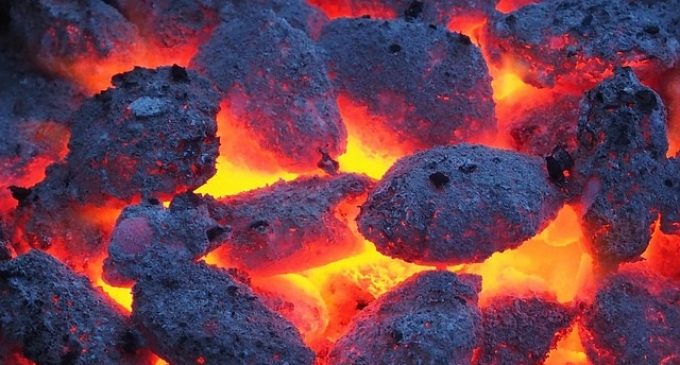Renewable gas could replace over one quarter of fossil fuel gas supply

Gas derived from renewable sources, such as food waste, animal manure and grass, has the potential to replace more than one quarter (28%) of gas supply by 2050 according to a new study by the Sustainable Energy Authority of Ireland (SEAI). The study, which looks at the availability of renewable gas sources and estimates the costs and benefits of expanding the sector, shows that using renewable gas could also reduce carbon emissions by as much as 2million tonnes a year and create 3,000 permanent jobs.
Commenting on the study Jim Gannon, CEO of SEAI said: “Renewable gas has an important role to play in Ireland’s energy future. Ireland’s aim is to reduce carbon emissions by 80% by 2050. Everyday materials and by-products can be used to create valuable energy sources, and technologies are being developed to increase the potential of renewable gas even more. If further action is taken now to develop this sector then we can derive significant benefits from it in the future.” Gannon continued: “This means we will use less fossil fuel, including natural gas. Renewable gas can help with the decarbonisation of the gas network and could play an important role in Ireland achieving its overall targets.”
Renewable gas is most commonly produced from a process known as Anaerobic Digestion (AD) which turns material like food waste, grass and animal waste into biogas. Biogas can be burnt directly to produce heat and electricity or can be upgraded to a standard suitable for injection into the natural gas grid. The upgraded gas is often referred to as biomethane and is a direct substitute for fossil fuel gas supply. Biogas and biomethane can also be used as a fuel to power adapted trucks, buses and cars. Currently there are only a small number of AD plants in Ireland and an estimated 900 plants, of varying scales could be needed to fully utilise the available resources we have to hand.
A number of government bodies and departments in the areas of agriculture, transport, and environment and energy have a role to play in helping to lower the cost of renewable gas and to maximise the carbon savings available. Actions could include maximising the use of our food and animal waste and increasing biomethane production to inject renewable gas at accessible points on the gas grid. Significant potential exists to utilise surplus grass silage produced on farms, which represents 86% of the renewable gas potential. Grass silage has a production cost that makes the energy produced more expensive. Farming practices that balance cost and emissions will help to improve the overall benefits as we access this resource.
The study was overseen by a steering group comprised of representatives from a range of relevant Government Departments, regulatory bodies and academic experts.







